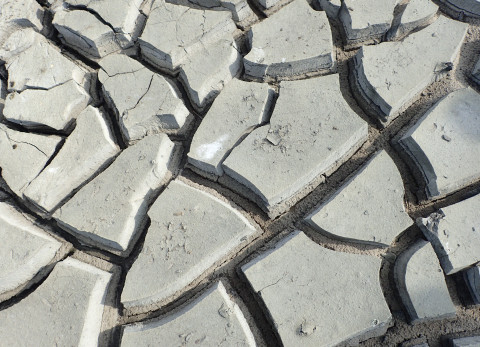The outstanding question is whether or not species and ecosystems can cope with the impacts of climate change, and if not, how these impacts contribute to biodiversity loss and whether it is possible to develop methods to improve resilience of global ecosystems.
We are in the midst of a climate crisis. Our climate system is undergoing dramatic changes, many of which can be attributed to anthropogenic influences. These include greenhouse gas emission-induced changes to global surface temperatures, precipitation and Arctic snow melt dates.
At NIOO, we use our expertise to understand:
- the impact of climate change on biodiversity
- the capacity for natural systems to help mitigate climate change.
For this, we use laboratory experiments, large-scale mesocosm and population studies, comparative approaches, and predictive modelling.
Evidence-based solutions to the climate crisis
At NIOO, we are particularly interested in developing evidence-based solutions to the climate crisis.
Carbon storage in nature
Carbon storage is a hot item. Almost literally, as it is closely linked to climate warming. NIOO researchers discover more and more about the role of the living soil within our planet's carbon cycle. That role is very influential, invaluable and essential for a sustainable climate policy.
Methanotrophic bacteria
Methanotrophic bacteria are crucial in the regulation of methane concentrations in the atmosphere, and therefore for regulating our climate. At NIOO, we try to understand and steer the functioning of these microbial communities and to generate information for direct environmental interventions.
Long-term climate change research at NIOO
NIOO's research facilities and long-term datasets place us in a unique position to carry out ecological research on climate change impacts.
Hole-breeding passerines
NIOO has a long-standing tradition of studies on hole-breeding passerines (1955–present). We have discovered that great tits are adapting to climate change, by laying their eggs earlier, but not enough to keep up with their food. This shows that there are limits to how fast species can adapt.
Long-Term Ecosystem Research
NIOO coordinates the Long-Term Ecosystem Research sites in the Netherlands (LTER-NL). These are part of the European Infrastructure network, which takes up grand challenges as formulated by the European Commission, using synchronised and harmonised experiments across Europe.


